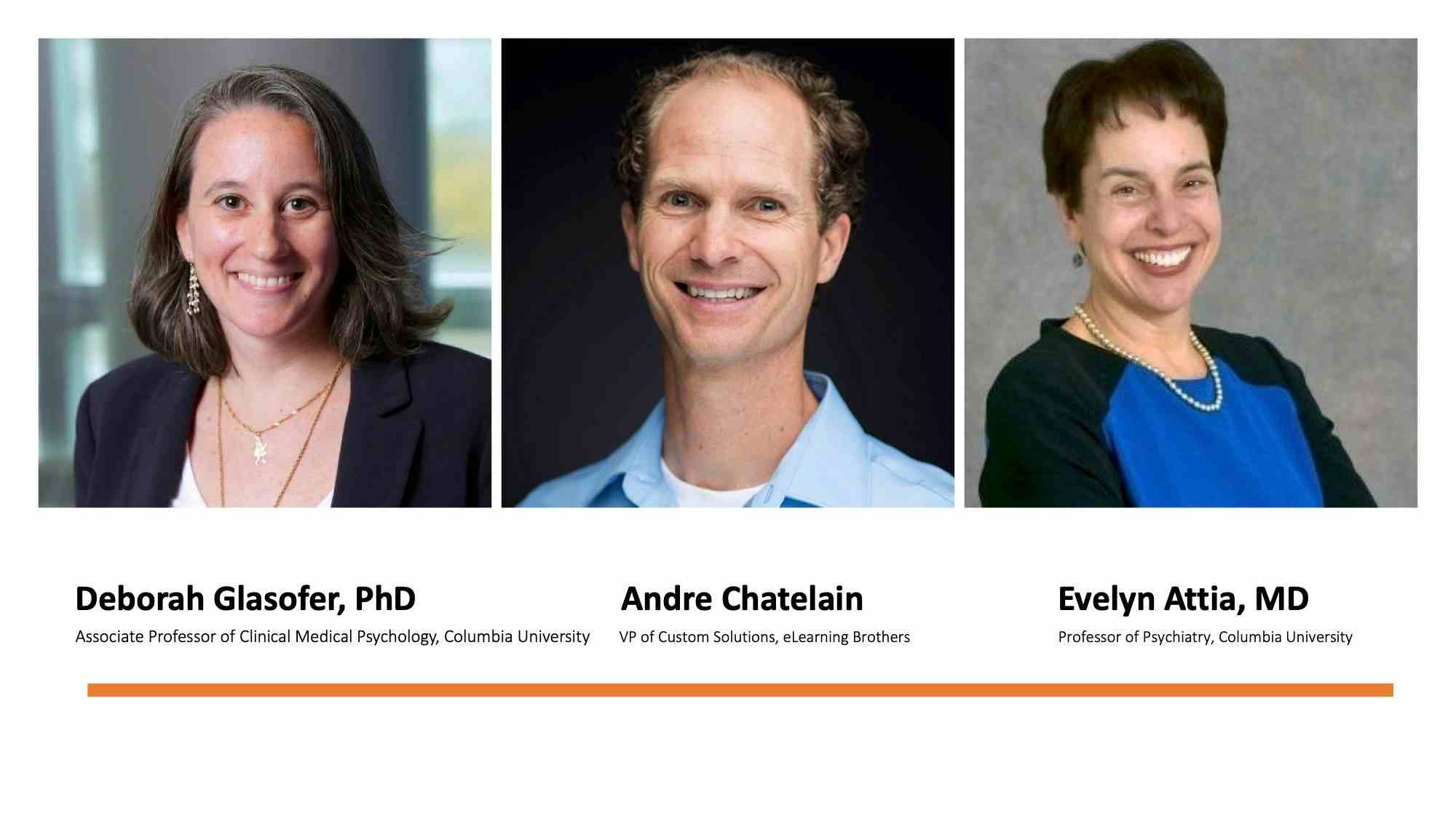Retooling for the COVID-19 knowledge shortage
How a new app is granting access to critical information

Healthcare providers who are battling the coronavirus at the frontlines are much like the firefighting heroes who were dwarfed yet undaunted by sprawling California wildfires.
Fighting the novel coronavirus disease 2019 (COVID-19), our supply chains clank and strain to provide personal protective equipment (PPE) for clinicians so they can stay healthy enough themselves to heal and comfort the afflicted. “Just-in-time” inventories of PPE evaporated overnight.
Health workers have been left to fend for themselves, fashioning gowns from trash bags and using 3D-printed shields from crafty citizens. From Etsy seamstresses to Big Alcohol, businesses have stepped up to retool overnight in order to support the frontlines with masks, shields, gowns, sanitizer, and other PPE.
All the while, another, more intangible shortage has emerged with equally dire implications: clinicians are struggling with a dearth of knowledge on how to tame COVID-19. Without a precedent of this magnitude, without a proven vaccine, and without effective medication, successful treatment of the illness remains largely elusive as patients, doctors, and nurses pay the price with their health and their lives.
Trending: Ten things to know before launching a remote patient monitoring program
Clinicians are having a hard time sifting an overflow of information to find trustworthy knowledge that is both actionable at the point of care and evidence based. Hoping for answers from the “hive-mind”, calls from doctors go out into #MedTwitter asking about unfamiliar patient conditions and whether anyone’s encountered them before. Some tweets are google-translated into stilted Chinese, hoping doctors in China might read them and respond to share their insight. Anecdotes, ad-hoc “what the hell” trials, presidential quackery and bleach memes only further muddy the picture.
Clinical researchers are working feverishly to decipher COVID-19 so relevant discoveries can be implemented immediately. Fortune reported 50,000 papers have already been published. In mid-March, the White House Office of Science and Technology Policy brought together large research organizations and companies to work together on a massive artificial intelligence (AI) project called CORD-19 to wrangle the stampede of research articles. Natural language processing (NLP) will identify studies that merit the most attention.
Until that Manhattan Project of medical AI translates to care recommendations doctors and nurses can use, many of them are turning to a resource they have used for decades to answer clinical questions and support decision-making. Sometimes called a Google for doctors, UpToDate is an app from Wolters Kluwer used by nearly 2 million health professionals around the world to answer clinical questions across specialties. A Brazilian doctor once told me it’s like having a team of experts sitting on his shoulder whispering in his ear.
Targeting the COVID-19 Knowledge Shortage
During this critical time, UpToDate has stepped in to help fill the knowledge shortage in the COVID-19 battle. What started in January as one sub-section added to their general coronavirus topic back quickly expanded into an array of new COVID-19-related topics as well as video and articles for anxious health consumers.
As new research on COVID-19 is published, the UpToDate editorial team takes that evidence and rapidly synthesizes it into topics that go through a journal-like peer-review process with medical expert authors around the world. The evidence is then coupled with what clinicians need right now: specific, actionable recommendations to care for gravely ill patients.
Read More: How to resume your practice as the country reopens
“Retooling Knowledge” for COVID-19
Hearing from clinicians around the world come up empty-handed when searching for usable medical knowledge, the UpToDate editorial team knew that keeping them continuously updated was more critical than ever. Virtually overnight, they retooled the vaunted editorial process in order to accelerate the review and availability of new research without compromising quality.
To remove barriers to access, UpToDate is being made available worldwide at no cost, to ensure all health workers can immediately get their hands on vital, new clinical knowledge to fight the pandemic.
This rethinking and retooling of knowledge is also helping the doctors and nurses being mobilized from outlying areas or unrelated specialties to support the COVID-19 front lines. Governors are inviting retired clinicians to come back into service. Nursing and medical students are being graduated early to help hard-hit hospitals. Decision-making resources like UpToDate are helping rapidly upskill the reinforcements deploying to the front lines of intensive care units and emergency departments.
We don’t have a vaccine--yet. We don’t have a miracle drug or cocktail of drugs to tame the illness--yet. But we can be confident that our heroes in scrubs can quickly tap or swipe their way to the growing store of COVID-19 clinical knowledge to help comfort and heal their patients. Our job now is to make sure all health workers know they have these agile, reimagined resources supporting them, no matter where they are in the world.
It may not be as dramatic as a factory floor going from making SUVs to ventilators, or converting a distillery from tequila to hand sanitizer, but the retooling of knowledge may prove to be equally important.
Denise Basow, MD, is CEO for Clinical Effectiveness at Wolters Kluwer, Health. She joined UpToDate in 1996, which became part of Wolters Kluwer in 2008, serving as editor-in-chief, vice president and general manager. Previously, Dr. Basow practiced primary care medicine.
Cybersecurity breach reports low during the pandemic
September 7th 2020A new report from CI Security suggests cybersecurity breaches were lower during healthcare's rapid transition to virtual care throughout the pandemic. In this episode of Perspectives, we look at why this might be and other aspects of their report with CI Security's Healthcare Executive Strategist, Drex DeFord.







